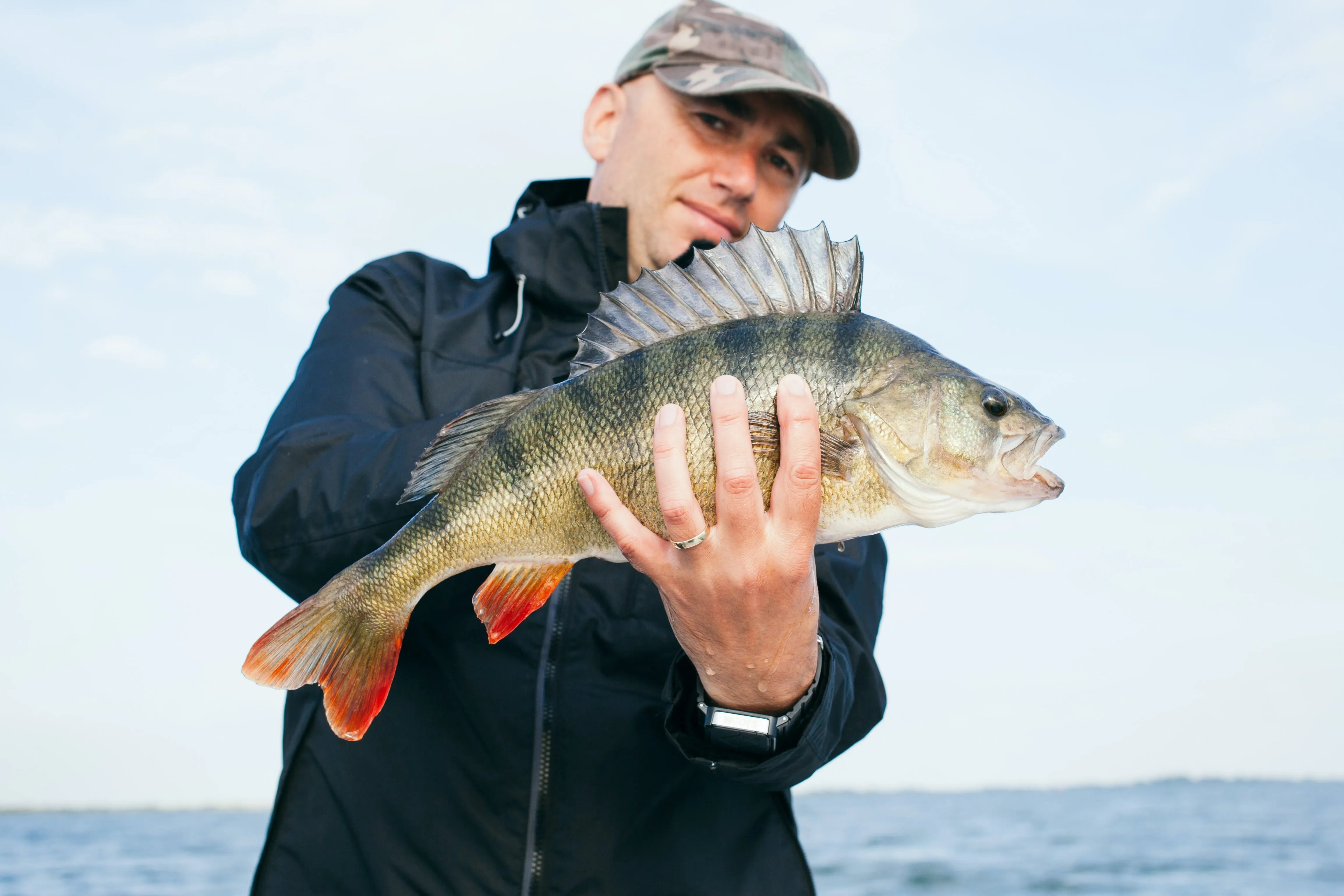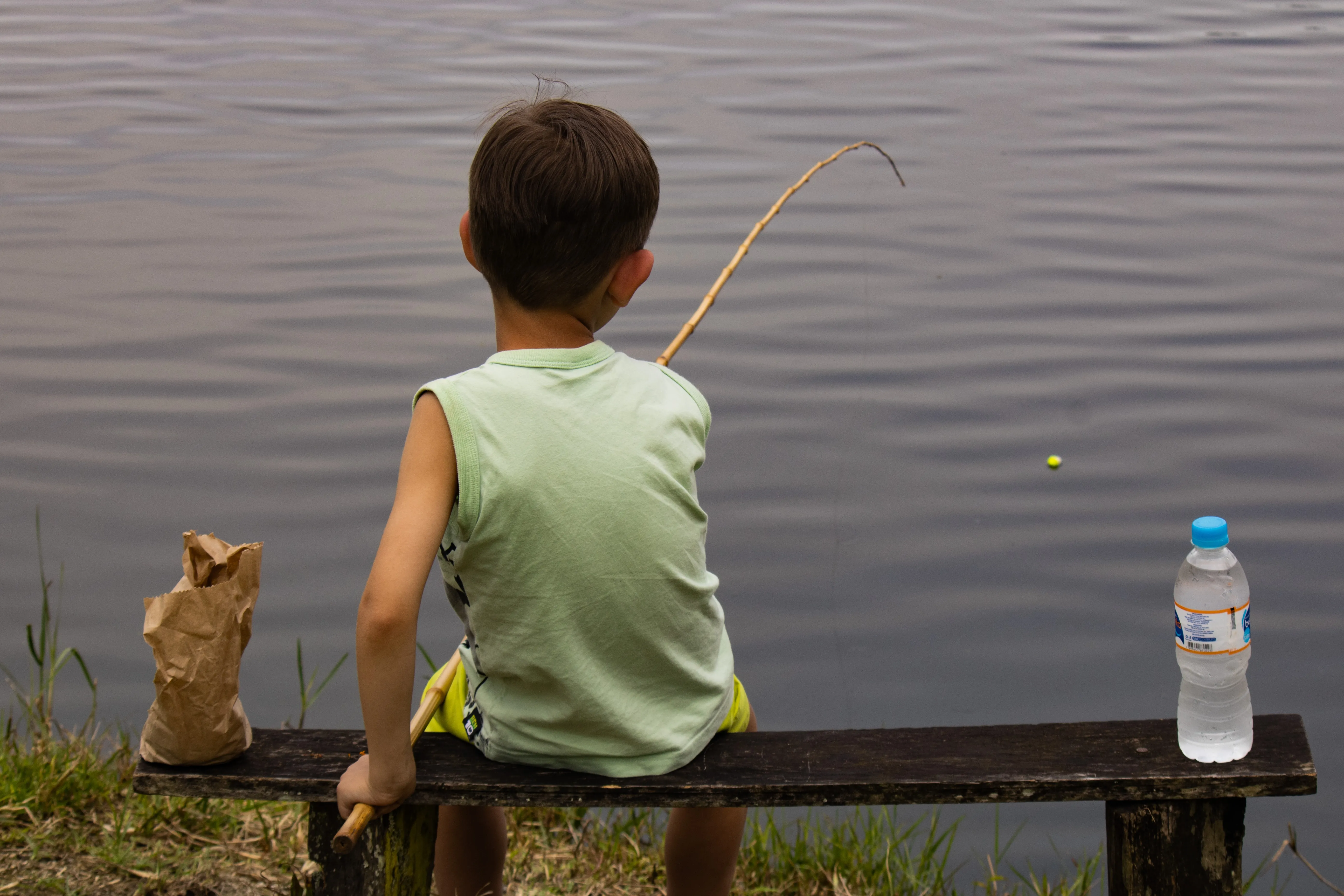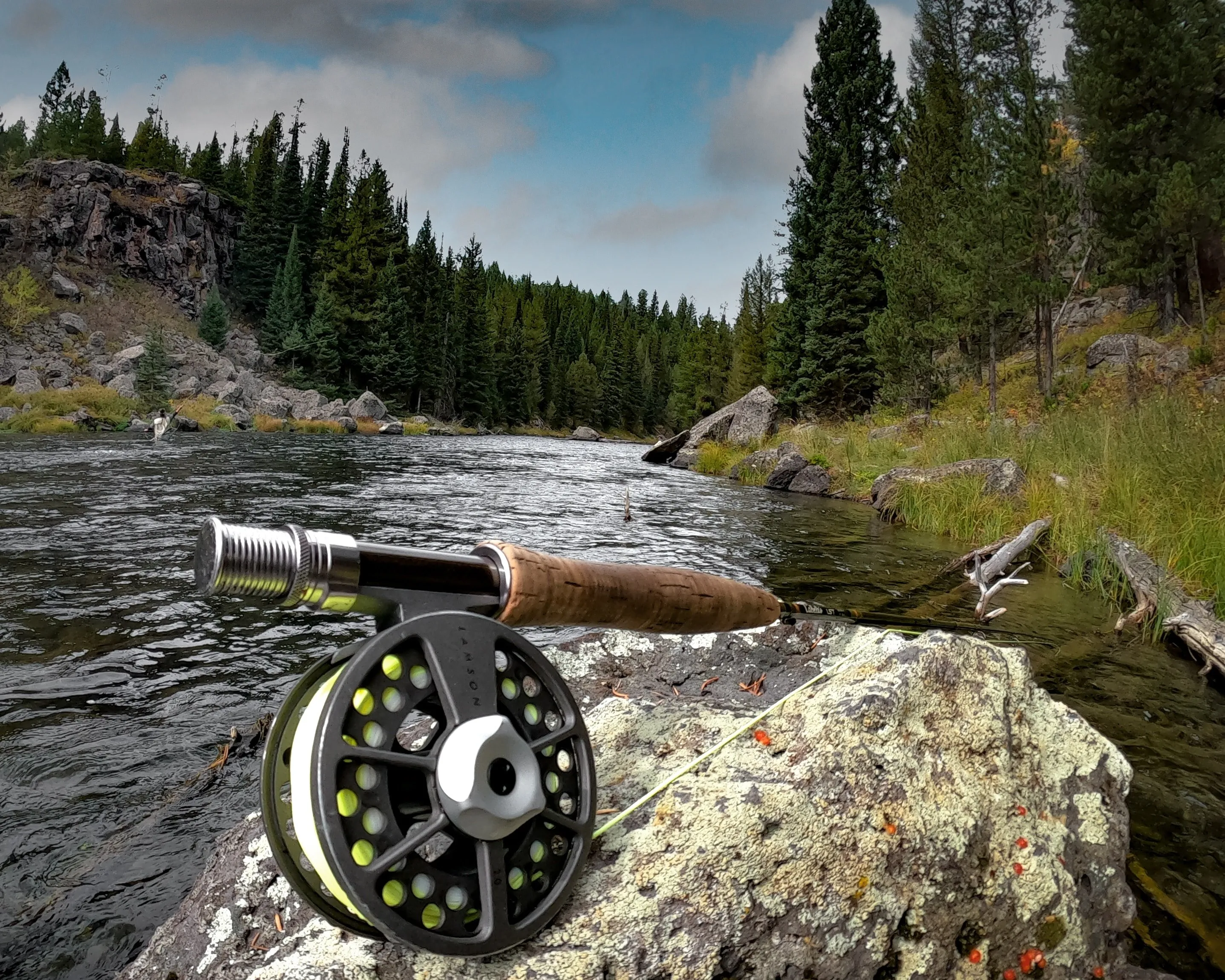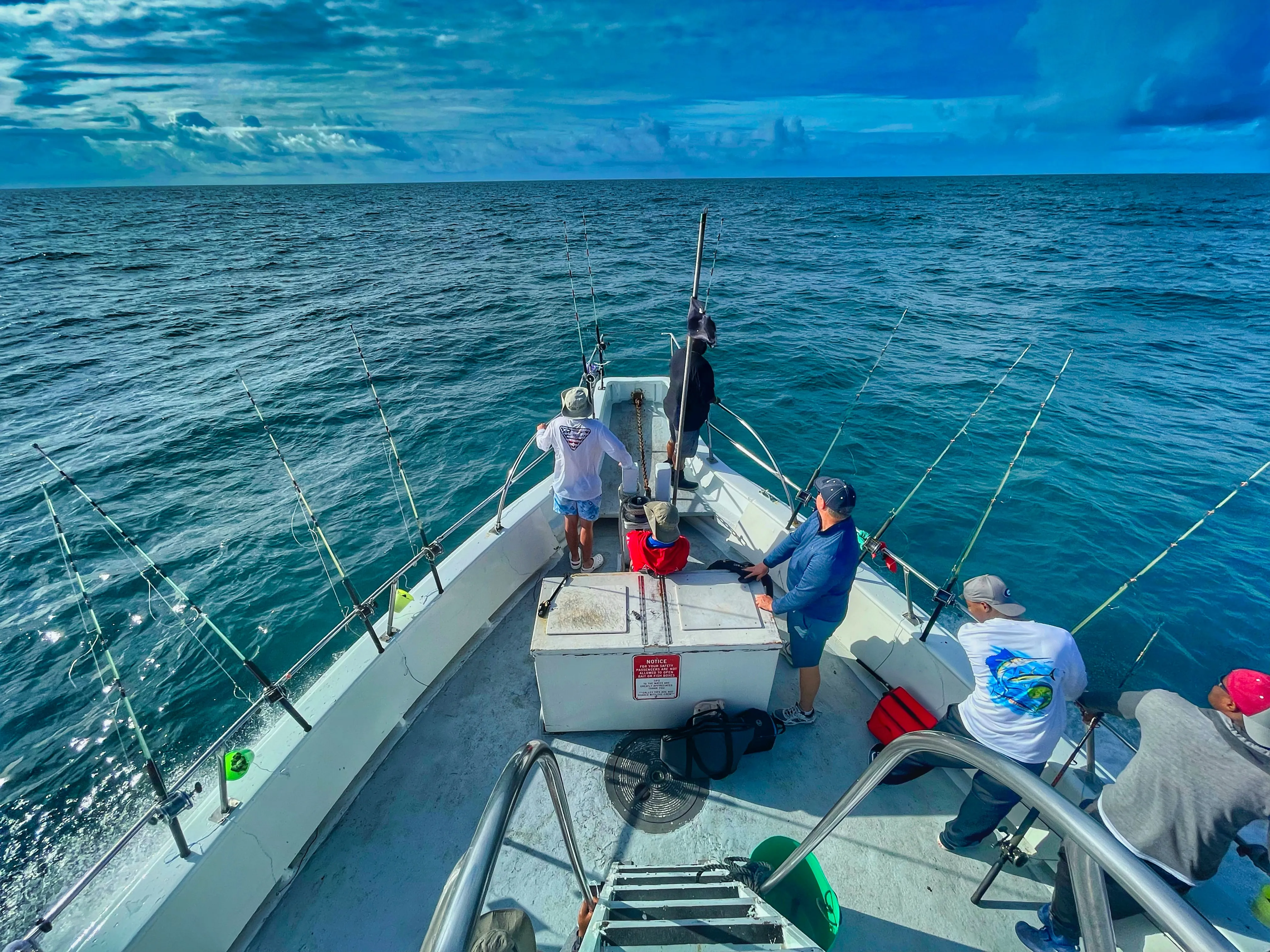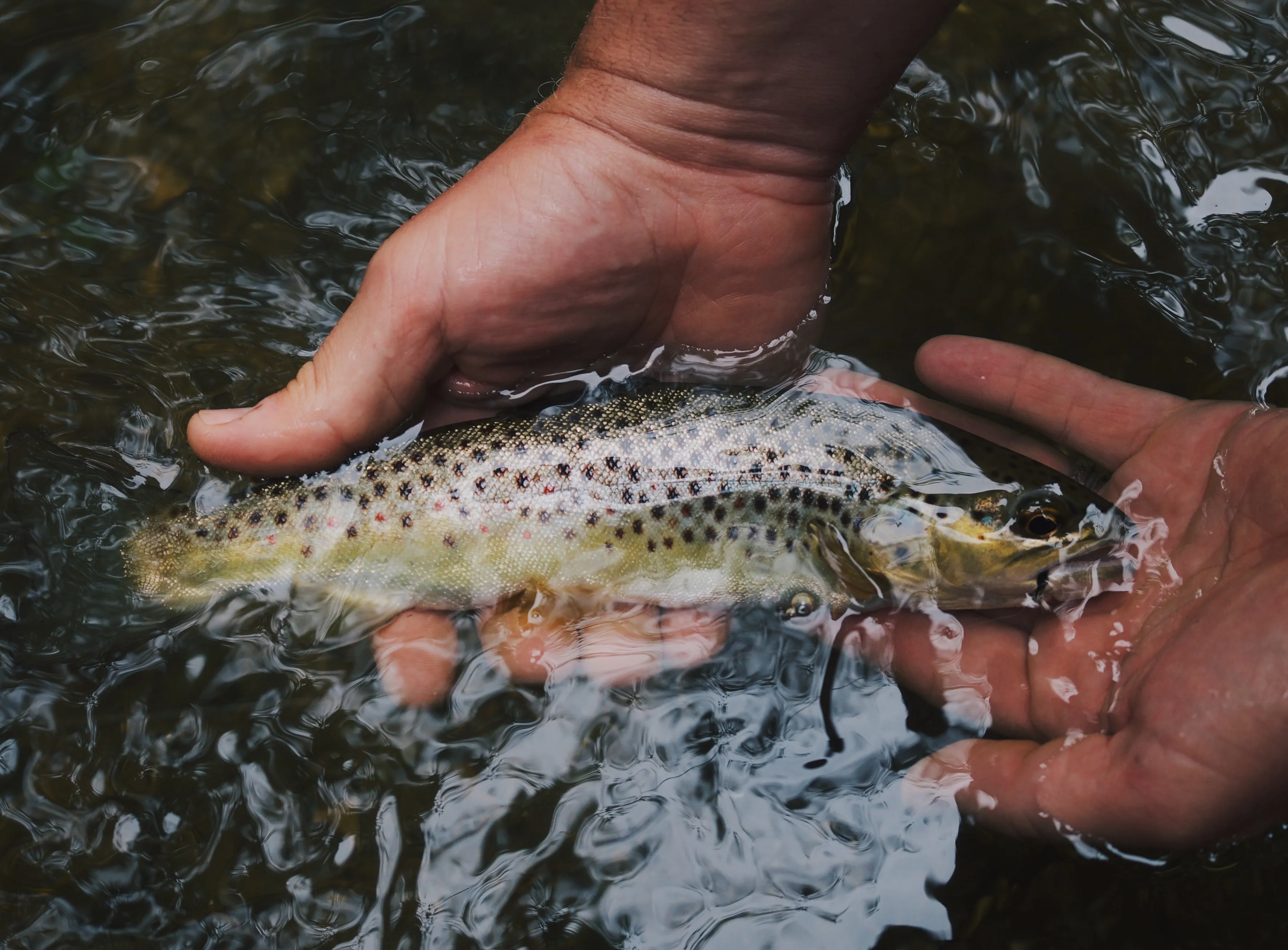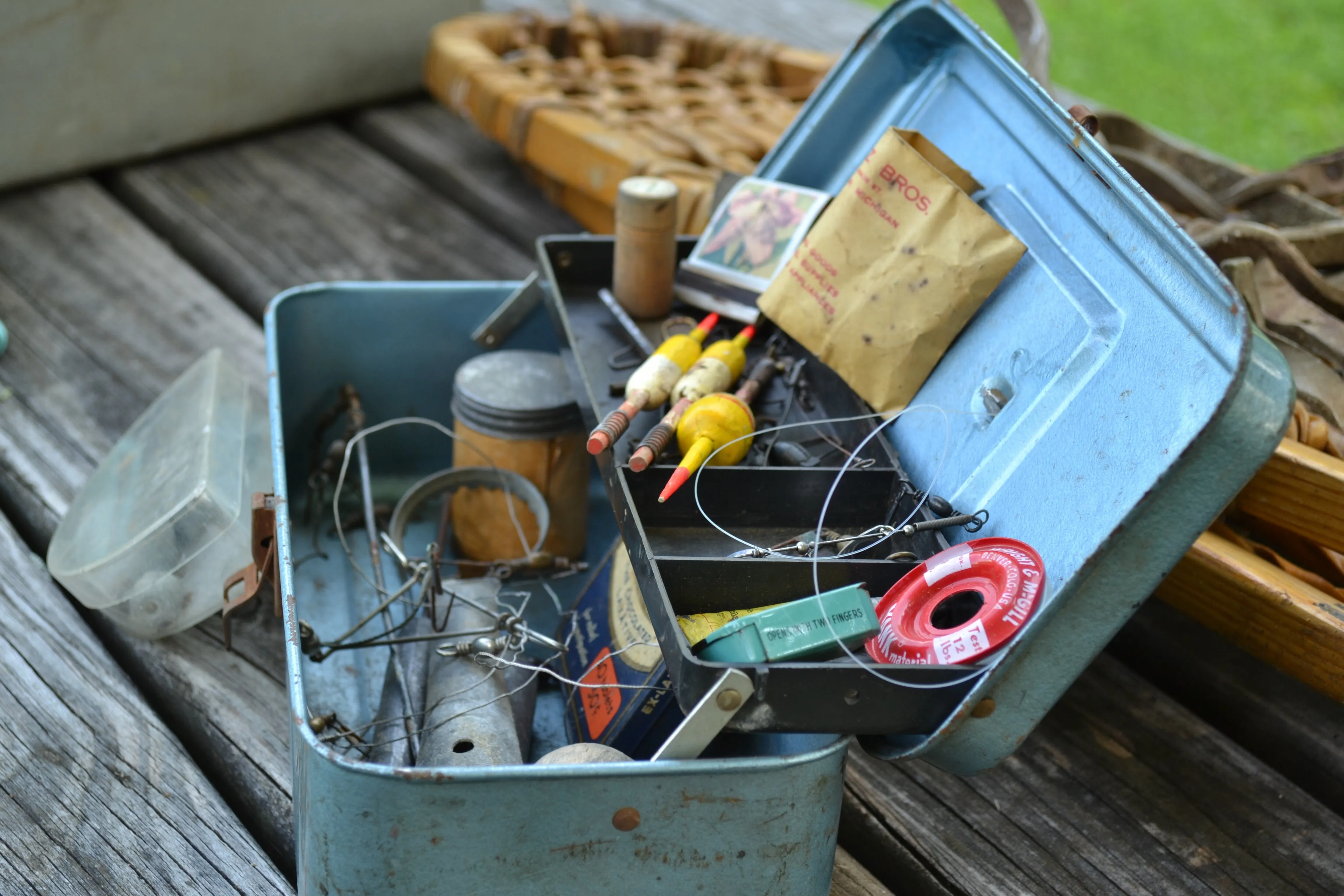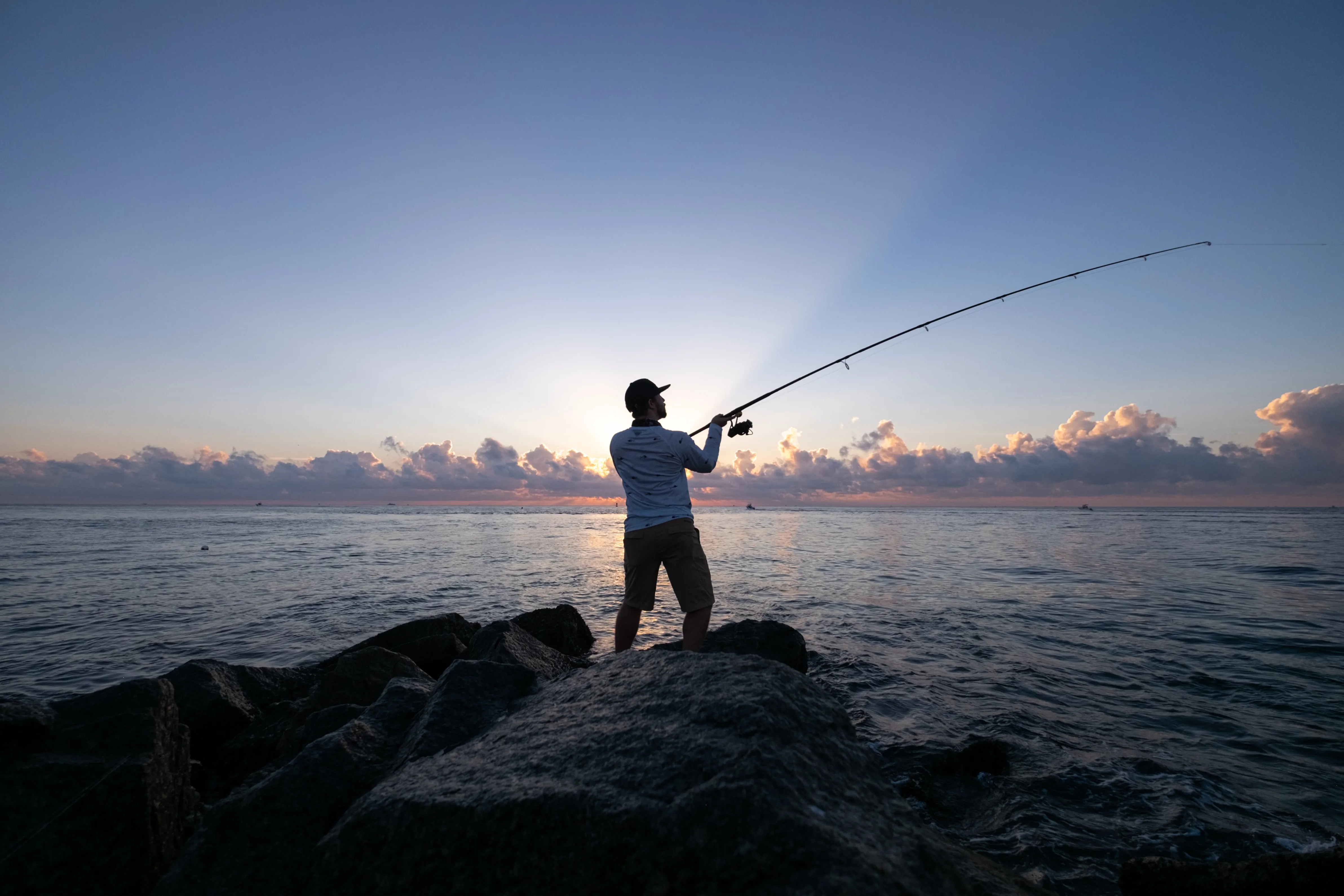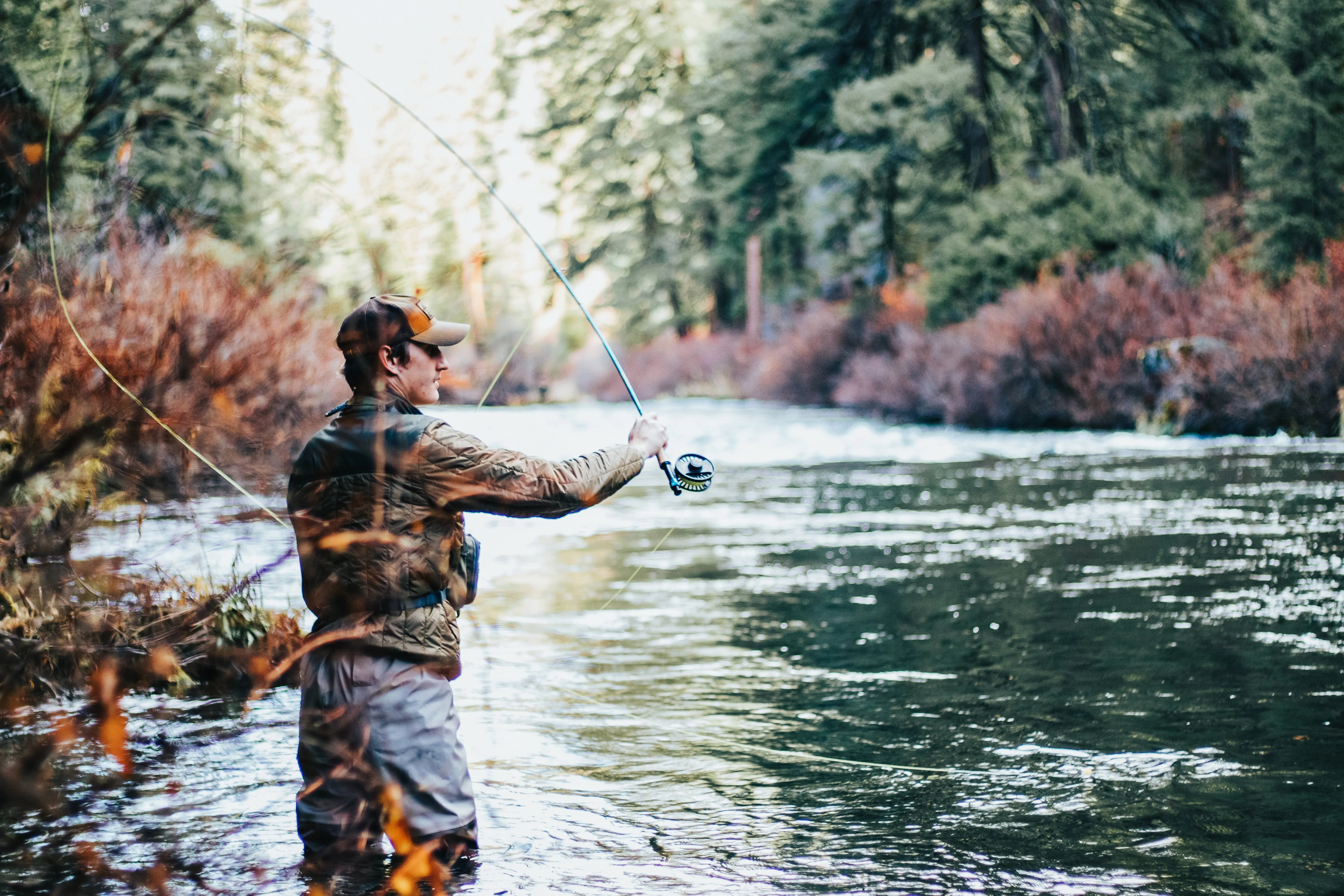Freshwater vs Saltwater Fishing: Unravelling the Intriguing Differences
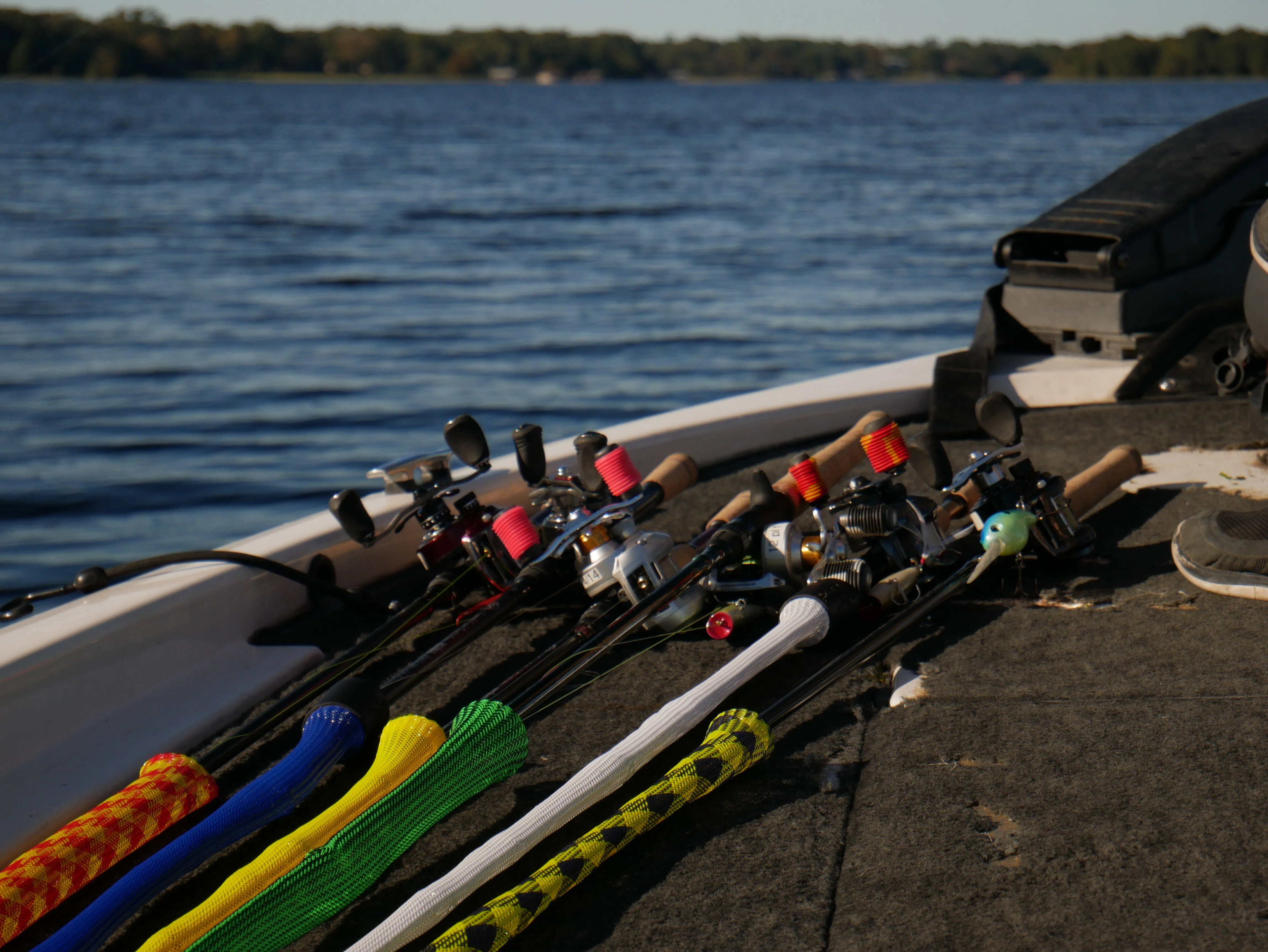
To the untrained eye, fishing may seem a uniform pursuit, differing only in location. Yet, beneath the surface, the world of angling diverges into intriguing subcultures, each with its unique nuances, challenges, and rewards. Two such realms are freshwater and saltwater fishing. This comprehensive guide delves into these contrasting arenas of angling, exploring the differences in techniques, target species, and the overall fishing experience.
An Overview: Freshwater vs Saltwater Fishing
Freshwater fishing takes place in lakes, rivers, ponds, and streams, while saltwater fishing is done in the ocean or sea. Despite both being forms of angling, they offer vastly different experiences and challenges, shaped by the nature of the waters and the fish species they inhabit.
Target Species: A Sea of Differences
Freshwater and saltwater environments host distinct fish species, each adapted to their specific habitat. Freshwater fish, including bass, catfish, and trout, are generally smaller than their saltwater counterparts like tuna, marlin, or sharks. The type of fish you aim to catch significantly influences your fishing gear, bait, and techniques.
Techniques and Tactics: Catering to the Environment
1. Freshwater Fishing: Freshwater fishing typically entails shore fishing, boat fishing, or wading in the water. Techniques vary from fly fishing (often used for trout) to bait casting or spinning. Freshwater fishing typically requires lighter gear due to the smaller fish sizes.
2. Saltwater Fishing: Saltwater fishing can range from shore fishing (surfcasting, pier fishing) to deep-sea fishing, which requires a large boat. Saltwater fishing techniques include trolling (dragging baited lines behind a boat), bottom fishing, or casting. Saltwater fishing usually requires heavier gear to handle the larger fish and tougher conditions.
Gear: Tailored to the Task
The type of gear used in freshwater and saltwater fishing varies significantly, influenced by the target fish size, fishing techniques, and the corrosive nature of saltwater.
1. Freshwater Gear: Freshwater fishing gear is typically lighter. Rods are usually shorter with lighter line strength. Freshwater hooks, lures, or reels do not have to be corrosion-resistant.
2. Saltwater Gear: Saltwater fishing gear is heavier, designed for larger fish and to withstand the corrosive sea water. Rods are often longer and stronger, and reels are built to resist corrosion.
Understanding the Challenges
Whether it's the quiet meandering river or the vast, unpredictable ocean, each fishing environment poses unique challenges.
1. Freshwater Challenges: Freshwater fishing can involve dealing with underwater structures like fallen trees, or changing water conditions due to rain or temperature variations.
2. Saltwater Challenges: In saltwater fishing, anglers have to contend with higher wind speeds, stronger currents, and larger, more powerful fish. The corrosive nature of the saltwater environment also presents a challenge to maintaining gear.
Freshwater and saltwater fishing, each with their captivating rhythms, invite you to experience the joys of angling from unique perspectives. As you navigate these distinctive realms, remember that fishing is not merely about the catch. It's about immersing yourself in nature, understanding the delicate aquatic ecosystems, and cherishing the intricate dance between the angler, the fish, and their environment.

